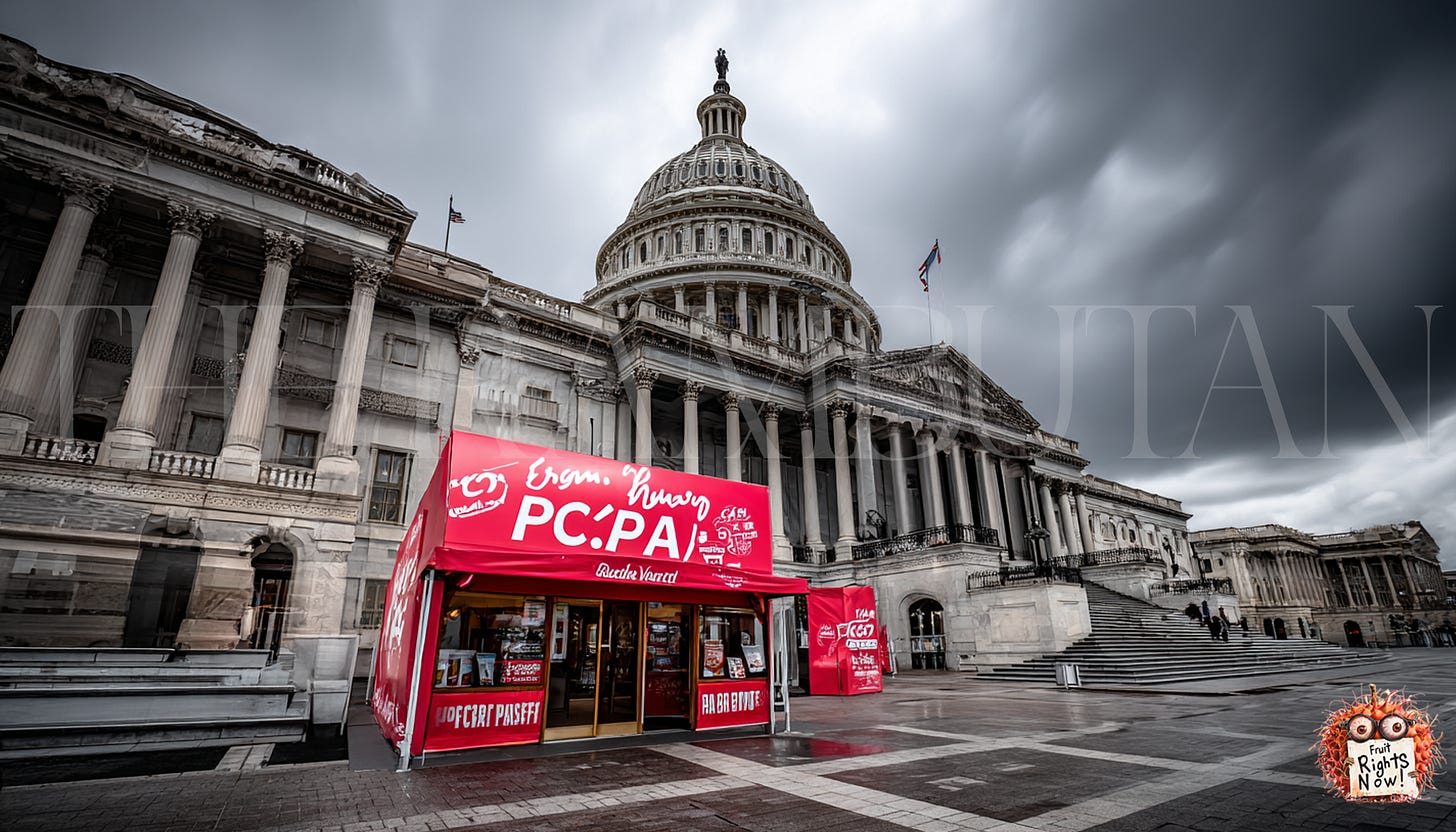New Law Requires LinkedIn Users to List Actual Qualifications Below Each Carousel Post
A new U.S. law requires LinkedIn users to show real credentials before sharing carousel posts, aiming to curb fake expertise and empty thought leadership.
WASHINGTON, D.C. — In an effort to curb the growing epidemic of unsolicited, unqualified thought leadership, Congress passed the Professional Credibility and Post Accountability Act (PCPAA) late Wednesday. The bipartisan bill, introduced by a coalition of exhausted readers and disgruntled hiring managers, will require all LinkedIn users to disclose their actual credentials, sources, and domain expertise directly beneath every carousel post.
The legislation, dubbed the “Know-What-You’re-Talking-About Law,” passed the House 432–1, with the lone dissenter reportedly a marketing intern with an ongoing thread series titled “What We Can Learn About UX Design from Ancient Mesopotamia.”
According to experts cited in the bill, the rise in trend-chasing posts has created “an unmanageable volume of superficial content masquerading as expertise.” The legislation specifically targets carousel posts featuring phrases like “As someone who’s studied this for years” (when they haven’t) or “Here’s what no one is talking about” (when everyone actually is).
“We’re not banning opinions,” said Rep. Linda Hastings (D-OH), who co-sponsored the bill. “We’re just asking that you stop pretending your half-baked take on global economics is a substitute for, say, a degree or relevant experience.”
Under the new law, every post featuring a list of “leadership lessons,” “macroeconomic takeaways,” or “geopolitical frameworks” must include a disclaimer in bold at the bottom, reading:
“This user has no formal training or relevant experience in the subject matter presented above. Content should be consumed as entertainment only.”
The LinkedIn community was shaken last week as the news spread. Many users took to the platform to express concern, disbelief, and in some cases, grief.
“I’ve built a whole identity around summarizing global trade shifts using sports metaphors,” said Dylan Carter, a mid-level operations manager who recently posted “What the NBA Can Teach Us About Tariffs.” “This law feels like a personal attack.”
Others welcomed the shift. “I’ve been silent for years because I actually know what I’m talking about, and that doesn’t go viral,” said Dr. Eleanor Benson, a Ph.D. in International Relations. “Finally, a level playing field where the guy who read half a Vox article doesn’t get the same authority as someone who’s been published in academic journals.”
LinkedIn has reportedly begun testing a pop-up prompt for users attempting to post about international affairs, asking:
“Do you possess any education or professional experience relevant to this topic? Be honest.”
Initial analytics suggest the law has had an immediate impact: carousel engagement dropped 82% within 48 hours of enforcement, with many users reportedly "unable to think of anything to say without pretending to be an expert."
To fill the void, some are pivoting. Former “Geopolitical Brand Strategists” have transitioned into “Authenticity Coaches,” guiding others through the trauma of no longer being able to comment on global oil prices with impunity.
Meanwhile, productivity across Fortune 500 companies rose by 9%, with employers noting fewer Teams messages that begin with “Saw this post on LinkedIn and had some thoughts…”
We write the headlines that haven’t happened yet, but probably will. Subscribe to The Rambutan for Southeast Asia’s sharpest fake news.




